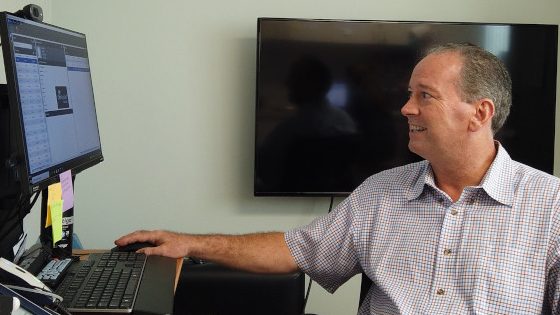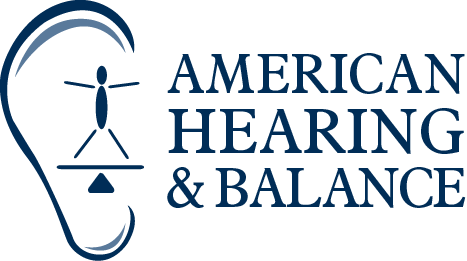Hearing Testing in Santa Monica, CA
Having trouble following your favorite show? Missing details at work because you can’t hear in meetings? Hearing loss can leave you feeling left out.

Hearing Tests at Arcade Hearing Aid Center, Santa Monica, CA
There are several different types of hearing tests available.
What Happens During a Hearing Test?
What Does a Hearing Test Show?
Hearing tests, such as audiometry, are designed to provide hearing specialists with enough information to determine the cause, type, and extent of hearing loss. Generally, hearing test results will be shown via a specialized graph called an audiogram. An audiogram is a graph with two axes: sound level (in dB) and tone.
Your hearing range will be diagrammed out on this graph. Usually, there will be several data points–one for each tone tested, plotted at the edge of your hearing range. As a result, an audiogram will show:
Usually, early hearing loss will affect one frequency more extensively than others. It’s not uncommon, then, to have dips in one area of an audiogram.
What Is the Normal Hearing Range?
The higher your data points appear on an audiogram, the closer you are to a normal hearing range. In general, a normal hearing range is considered to be the ability to hear sounds that are less than 25dB in volume–a sound level roughly equivalent to rustling leaves or whispered words. In general, we use the following categories to define normal hearing and hearing loss:
- Normal hearing:
The ability to hear sounds 25dB and below. - Mild hearing loss:
Sounds between 25dB and 40dB are audible, but not softer sounds. - Moderate hearing loss:
Sounds below 41dB-65dB are difficult for you to hear.
- Severe hearing loss:
Sounds below 66-90dB are hard to hear. - Profound hearing loss:
Sounds need to be louder than 90dB for you to be able to hear them. That’s roughly as loud as a lawnmower.
Typically, hearing loss does not occur evenly across all frequencies. Simply because your hearing is “normal” at some frequencies does not mean your hearing will be healthy in totality. It’s common to experience severe hearing loss when it comes to high frequencies, for example, but have normal hearing levels across the rest of the audio spectrum.
The Value of a Hearing Test
Whether your hearing is waning or you haven’t noticed any issues, a hearing test is an essential part of your hearing health. If your hearing is fantastic, screenings can provide peace of mind and a benchmark for future tests. And if you have hearing loss, a hearing test can provide a roadmap to the best possible treatment plan.

